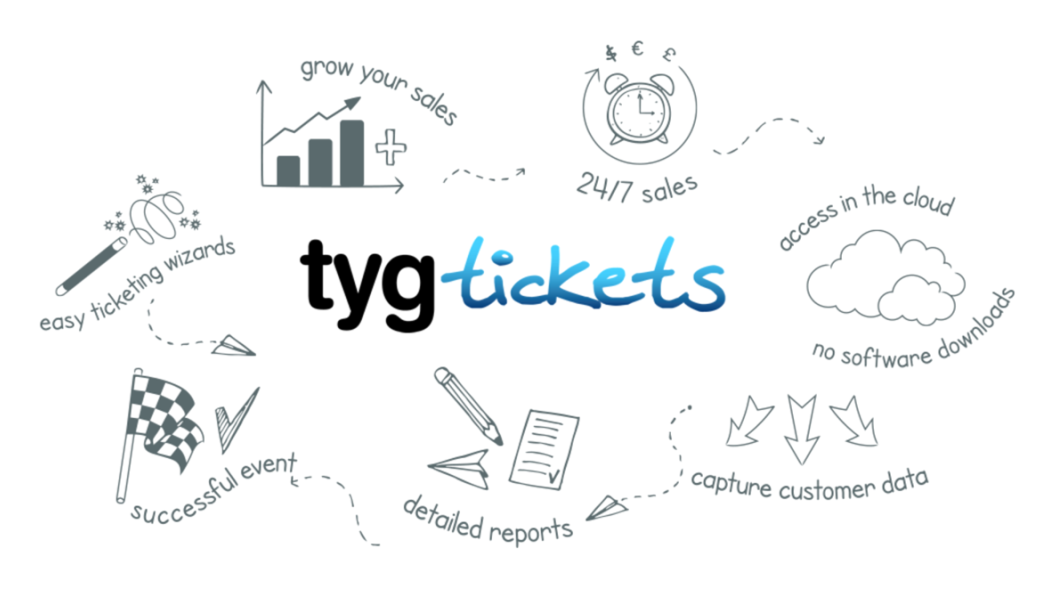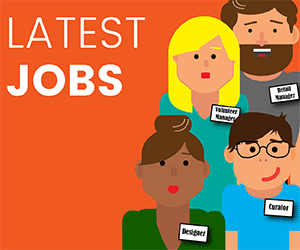Tyg Tickets has built a ticketing offer for museums and heritage sites that delivers accessible, technology-driven solutions with the added benefit of enabling venues to harness booking information to better inform marketing strategies.
Dean Walton, business development manager at Epping Ongar Heritage Railway – one of Tyg Tickets’ heritage sector clients – says the attraction has experienced “ticket sales for our online booking increase dramatically in terms of both quantity and value” since working with the company.
Rather appropriately for the name of a ticketing firm working with heritage attractions, the word ‘Tyg’ is derived from a medieval multi-handled communal drinking cup passed around for mutual benefit. It is in this spirit that the company is looking to continually grow its portfolio of partners within the sector.
To get a stronger grasp on the company’s journey to date and what the sector can anticipate in future, we spoke with Maureen Huck, operations manager at Tyg Tickets.
What, in your experience, are some of the challenges that are specific to ticketing in heritage sites compared to other industries?
Flexibility is hugely important to this type of site, variants of ticket type, quantity control, the ability to offer person to person communication is key to our success in this area. Offline options within infrastructure are vital as many of our clients are positioned in challenging Wi-Fi provision areas.
What would you highlight as some of the key trends and technological breakthroughs evident in ticketing for heritage sites?
During my time at Tyg Tickets I have experienced much of the call to action regarding online sales. More and more businesses are embracing the avenues now open and the extended availability of their products 24/7.
Technology is now more cost effective, intuitive and accessible to more businesses that the increase in smaller visitor attractions using online sales is on the increase. As more of the hardware is available both with the mobile networks as well as cabled Wi-Fi this has expanded opportunities to those businesses that were previously off-grid.
How have you as an organisation responded to these changes?
We accept that any change within a business creates significant upheaval for their team members and are flexible in our response to client’s system requirements. We provide a structured approach to new ideas and map out each stage of any project. That said, we often are called upon to respond and make changes swiftly for a client.
The need to offer systems that encompass all facets of a business are much encouraged. For example, EPOS and ticketing comfortably live together keeping sales in one tidy place so why not add in memberships, season cards and loyalty schemes.
Clients don’t want to ring half a dozen suppliers to find an answer, they want to ring one company and know that person’s name. Our development technical team have a wealth of the wider IT innovation and trends.
Given the constant appetite from heritage sites for a greater understanding of their visitors, what benefits do organisations receive through implementing ticketing systems such as yours?
The benefits using ticketing systems are very straightforward; all sales, financial, marketing data is all held in a central system which is easily accessible from any device anywhere, you simply have to sign in and go®. Marketing plans can be planned with more ease and finesse. Finance departments can see promotions, discounts and run reports which can be shared within the system to other colleagues.
How do your systems benefit visitor experiences?
Visitors often have the ability to open an account within the system used, this ensures their purchases are stored for easy access, often in a handy app and they can swiftly purchase tickets and memberships with ease. With the GDPR update systems now carry clearer messages of marketing and data collection and the ability to amend, delete and change data captured is much more straightforward than we have all previously experienced.






